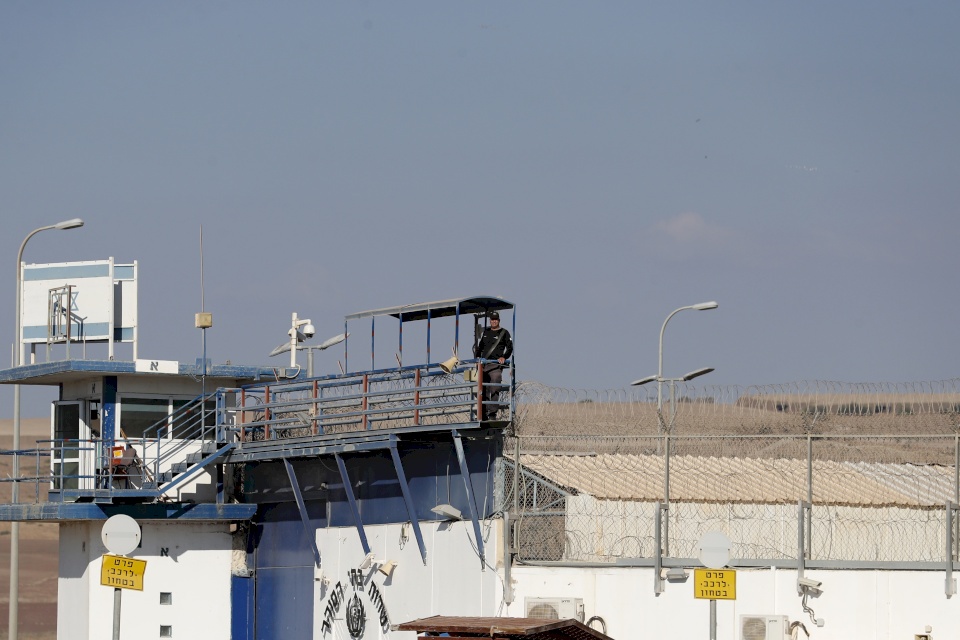
90% of Administrative Detainees' Files Rejected by Israeli Military Appeals Court
SadaNews - The Palestinian Prisoners' Club and the Commission of Detainees and Ex-Detainees Affairs stated that more than 90% of the files of administrative detainees who appealed against the decisions to uphold their administrative detention orders were rejected by the military appeals court.
They clarified in a joint statement issued today, Monday, that this applies to the files submitted to the Israeli Supreme Court as well, in addition to the court's deliberate delay in giving decisions, which impedes the appeal to the Supreme Court, that has recently annulled many requests submitted to file appeals against the decisions of the appeals court.
They pointed out that the data related to the results of continuing to turn to the military courts of the occupation are increasingly and more than ever turning into a disaster that reinforces the role of these mock courts, reflecting only what is dictated to them by the orders of the intelligence service (Shabak), which has automatically contributed to the expansion of arbitrary administrative detention operations in an unprecedented manner since the onset of the genocide, reaching more than 3,600 administrative detainees.
They reaffirmed that continuing to appeal to the occupation courts at various levels, specifically in the case of administrative detention, is futile; rather, it has contributed to giving "legitimacy" to the unjust occupation courts. Nevertheless, based on the detainees' desire amidst the torture, maltreatment, and unprecedented crimes they are subjected to, and the desire of their families who are deprived of communication with their children and visitation rights, we continue to follow up on the administrative detainees' files to maintain communication between the lawyer and the detainee, amid the significant challenges imposed by the Israeli occupation jail administration on visiting detainees, coupled with the rising number of detainees.
Based on the data and fundamental facts presented, they emphasized the institutions' firm position of the necessity of taking a comprehensive national stance to gradually boycott the occupation courts, especially in the administrative detention file, due to its dangerously strategic national implications for the fate of the prisoners' cause. We continue to look with hope for national support to take this important step.
It is worth noting that a year ago, the United Nations called for the dissolution of the military courts of the occupation.

Martyr Shot by Occupation Forces in Qalqilya

Report: Iranian leadership's fears grow that a U.S. strike could undermine its grip on pow...

Hebrew Channel: Document Presented to Netanyahu Shows Hamas Deepening Its Control Over Gaz...

Zamir: We are Prepared for a Series of Operations on All Fronts of War

The Arrival of Casualties from Gaza at the Egyptian Side of Rafah Begins

The Martyrdom of Released Prisoner Khaled Al-Sayyafi from Dheisheh

Palestine Participates in the Preparatory Meeting for the Fifty-Second Session of the Coun...

